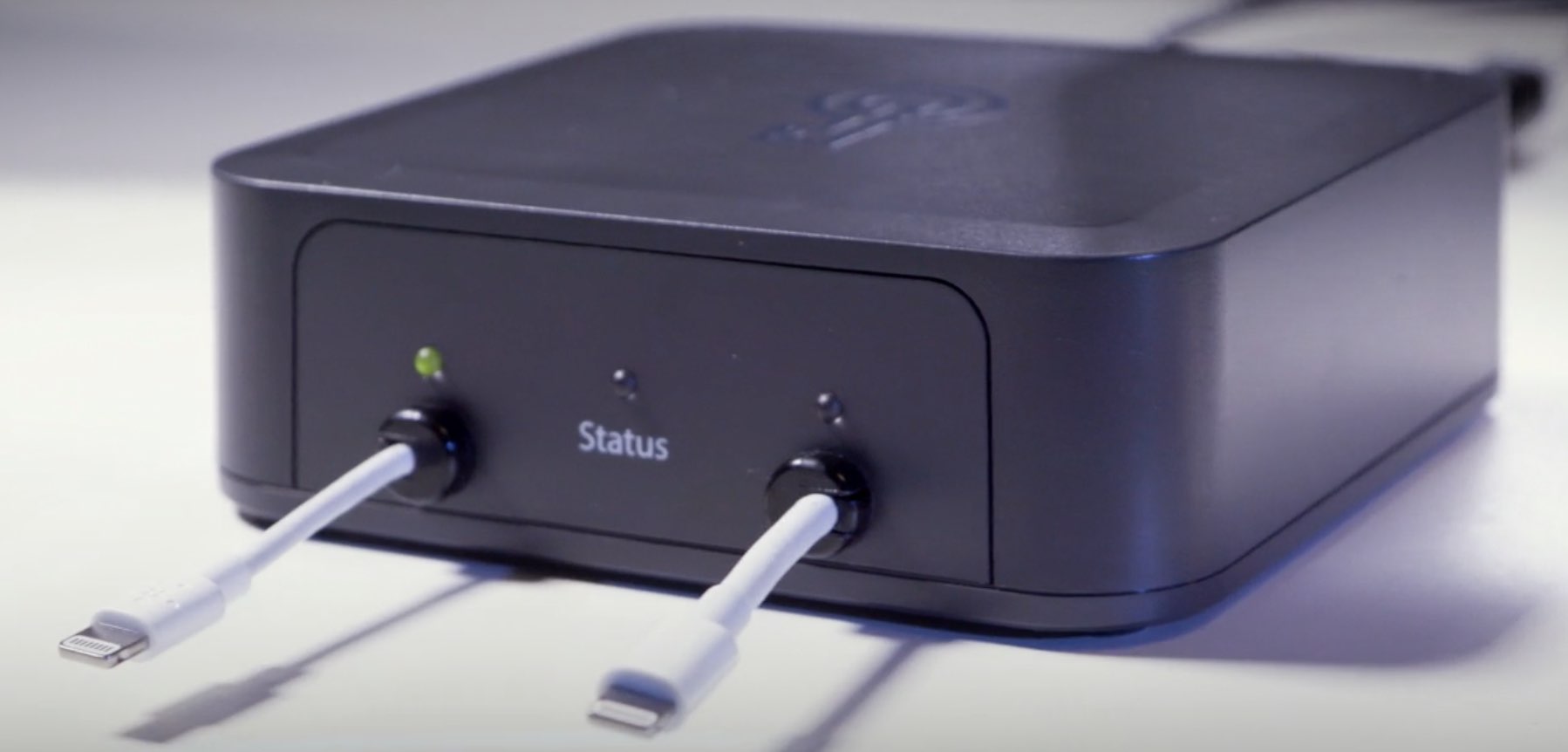
It looks like Apple might have finally gained the upper hand in its long-running battle with Atlanta, Georgia-based GrayShift, at least for now. Forbes reports the company’s passcode hacking technology known as GrayKey doesn’t work on devices with iOS 12 or later installed. Instead, members of the forensics community say the technology can only do a “partial extraction” on these devices.
Back in April, we told you about GrayShift’s then-new technology that allowed law enforcement to unlock iPhones without the passcode using a physical gray box with Lightning cables attached. Before the release of iOS 12 in September, GrayKey was able to use “brute forcing” techniques with its device to guess passcodes on iOS devices. That’s no longer possible.
For now, no one in the security community seems to know how Apple essentially killed GrayKey.
Vladimir Katalov from forensic tech provider Elcomsoft, for example, told Forbes he’s stumped. Previously, he was able to uncover Apple’s security weaknesses. Not this time around.
He explains, “No idea. It could be everything from better kernel protection to stronger configuration-profile installation restrictions,” he suggested. The kernel is the core part of the operating system, from which the rest of iOS launches. Configuration profiles typically allow individuals and companies to customize the ways in which iOS apps work.
Meanwhile, law enforcement organizations who have used GrayKey forensic tool to unlock phones seem to be taking a wait-and-see approach.
Captain John Sherwin of the Rochester Police Department in Minnesota, which uses GrayKey, told Forbes “Give it time and I am sure a ‘workaround’ will be developed … and then the cycle will repeat. Someone is always building a better mousetrap, whether it’s Apple or someone trying to defeat device security.”
That’s no doubt correct. At some point, someone at GrayShift (or elsewhere) will find a way around Apple’s fix, and the cat-and-mouse game will continue.
Neither Apple nor GrayShift has responded to Forbes’ request for comment on this story.
Where do you stand on this issue? Leave your comments below.